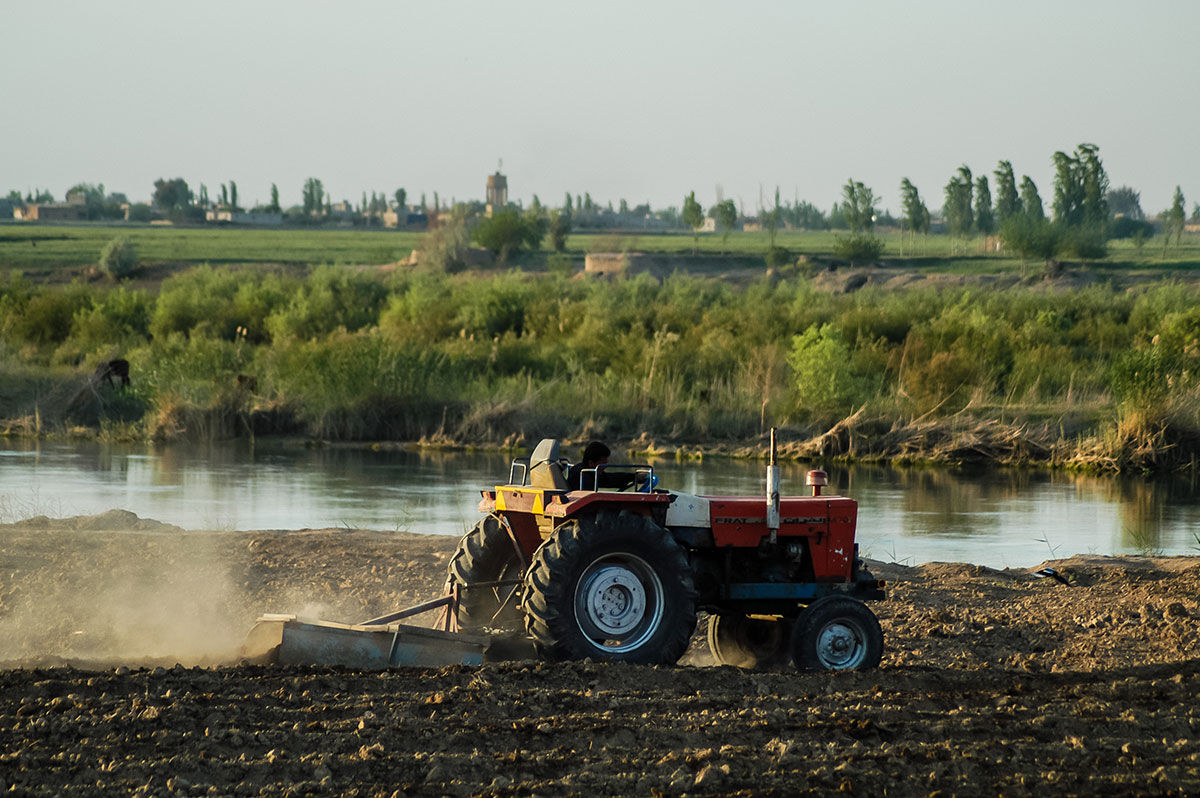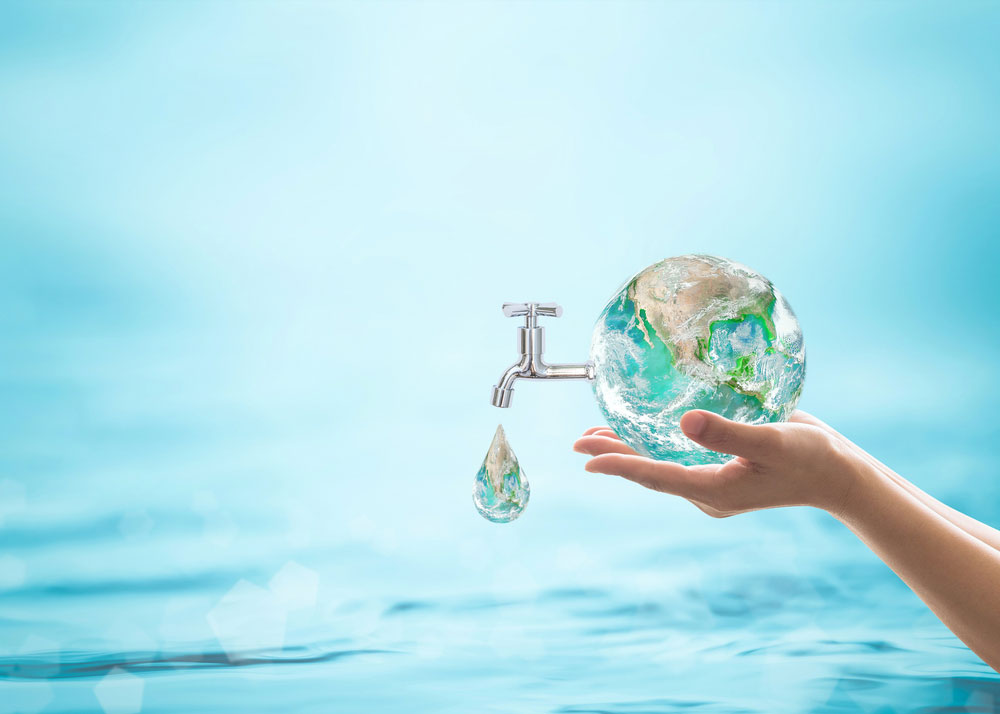The system of ecological sanitation is the answer to help close the loop between sanitation and agriculture. Pollution, water scarcity, soil quality, population rise, urbanisation, sanitations related illnesses and agricultural productivity are issues that are spread globally.
They bridge the gap between developed and developing worlds. Here at 7 reasons why we should all become more eco-san.

- It is sustainable
It is not about disposal, it’s about recycling and transforming so it truly is sustainable. Supporting the idea of a circular economy, eco-san is a closed loop circuit. It closes the nutrient and water cycle and nutrients are reused and recycled rather than being wasted and lost
- Prevention not treatment
The idea of prevention and not treatment really is applied with this. It is all about preventing pollution before it has been created, rather than trying desperately to control it afterwards. Some examples are; keeping raw sewage out of water sources rather than treating water sources post-contamination. Or preventing intestinal illnesses rather than treating them in a hospital.
- It saves lives
Local waters that are toxically contaminated by raw sewage are key contributors to high levels of disease and sickness. If humans ingest harmful pathogens and parasites, it can lead to diarrhoea and other intestinal illnesses. By restricting human waste from entering the open environment, it prevents raw sewage from contaminating water tables and making people unwell from these serious and often deadly illnesses.
- It increases food security
Ecological sanitation can improve the compost in agricultural yields and this therefore increases food security. Eco-san compost drives a much higher increase in growth than chemical fertilisers.
- It breaks down the pathogens in faeces
Through the natural processes of decomposition and dehydration, the pathogens in faeces are broken down. When faeces decompose, the pathogens in them die and break down, meaning that viruses, bacteria and worm eggs are destroyed.
- It saves water
The ecological sanitation recycling method means that water is not required. This preserves water, which is a valuable and natural resource and essential for life. Therefore, this means that there are far fewer environmental costs.
Urine is a fertiliser
Urine is a very effective fertiliser and it is hugely beneficial in agriculture. It creates a much tougher environment for the survival of microorganisms, it increases the die-off rates of pathogens and it also stops mosquitoes breeding. Both human faeces and urine can be used to improve soil structure and supply nutrients to the soil.
Ecological sanitation systems allow for the safe recycling of nutrients to crop production in such a way that the use on non-renewable resources in minimised. These systems have strong potential to be sustainable sanitation.

The main objectives of ecological sanitation are to reduce health risks related to contaminated water and waste, to prevent groundwater pollution and surface water pollution. It is also a system that can reuse nutrients or energy contained within wastes.
Eco-san is based on an overall concept of material flow as part of an ecologically and economically sustainable wastewater management system tailored to the needs of the users and to the respective local conditions The use of this in relatively underdeveloped countries is a useful way to handle substances that have so far been simply used as waste water and water-carried waste for disposal.
Anyone can help these relatively underdeveloped countries in their own way. Making a donation or sponsoring an orphan can make a huge difference. There are many different projects in place as well as ecological sanitation to help those in poverty. Education programmes, food projects and hospital projects are just a few.


















